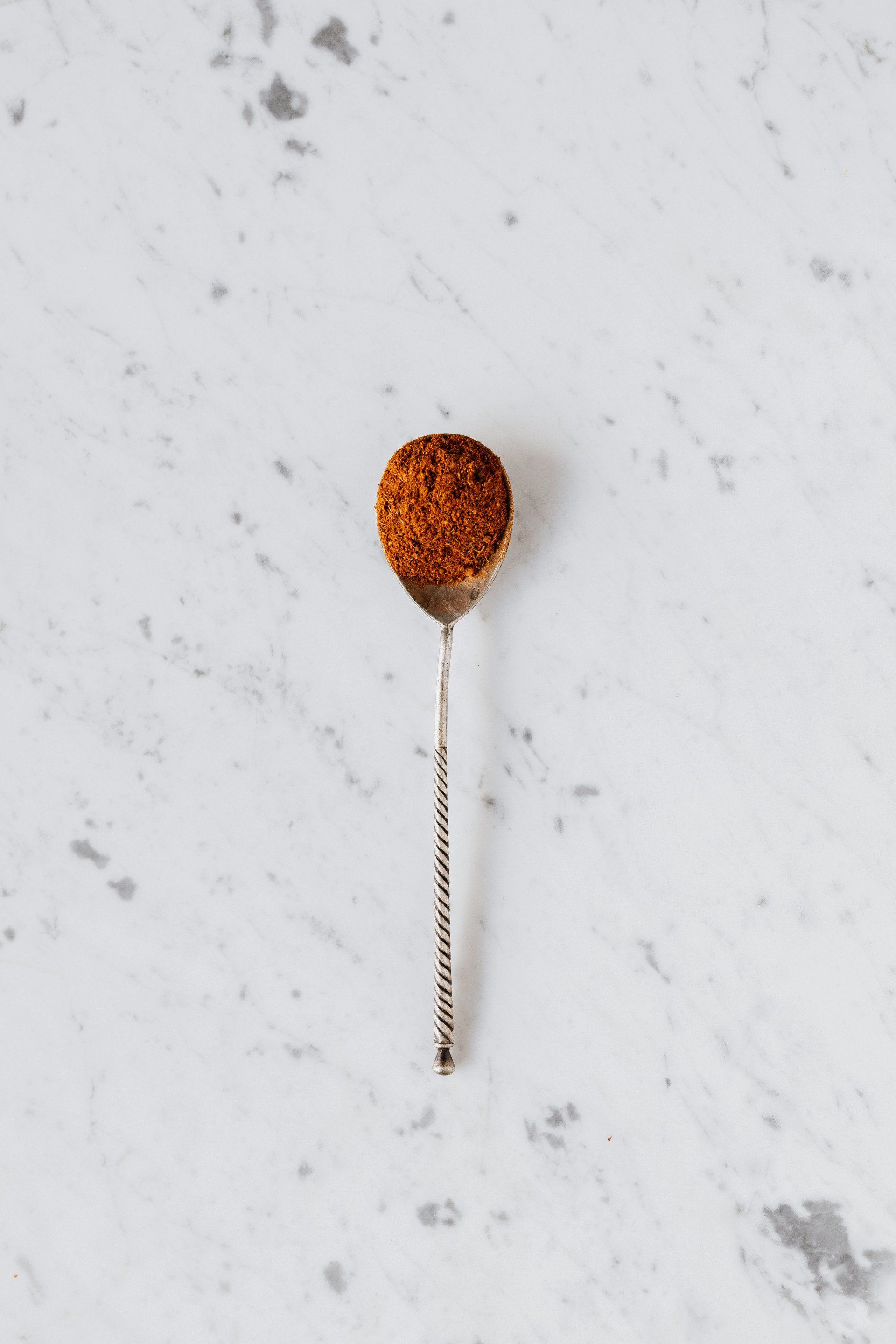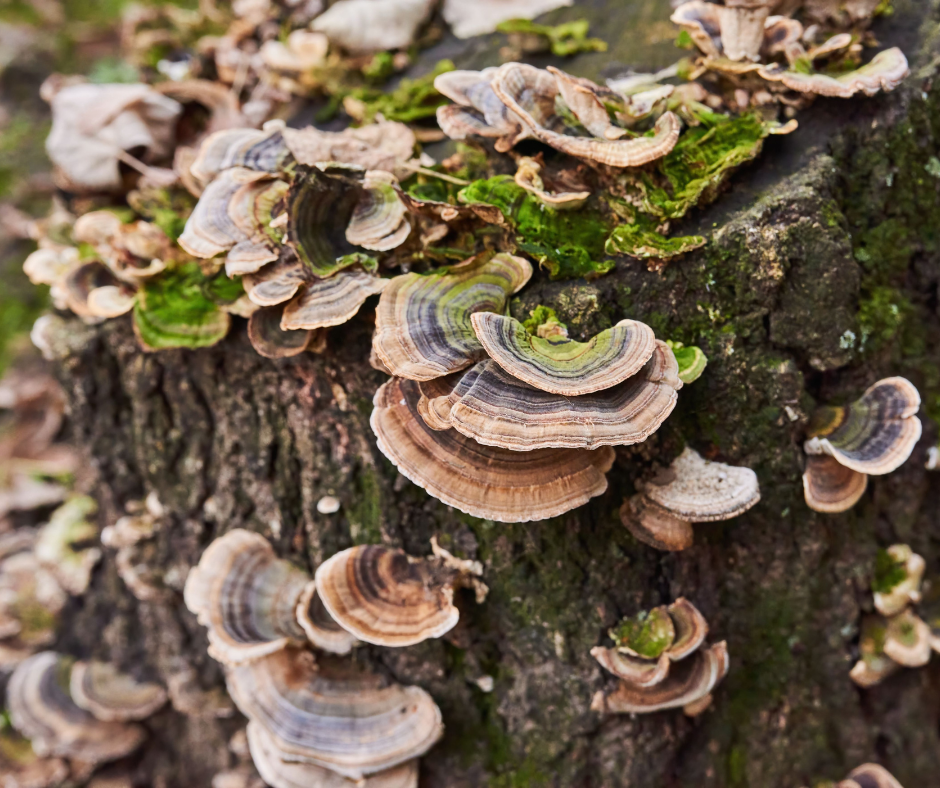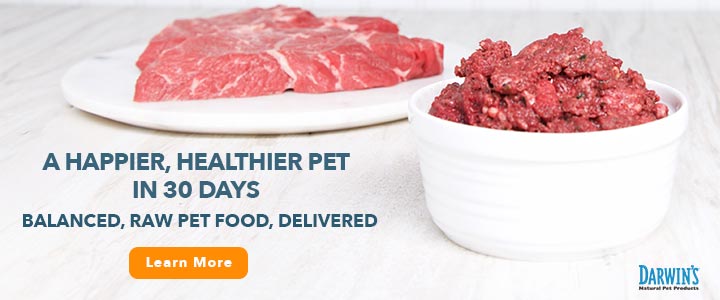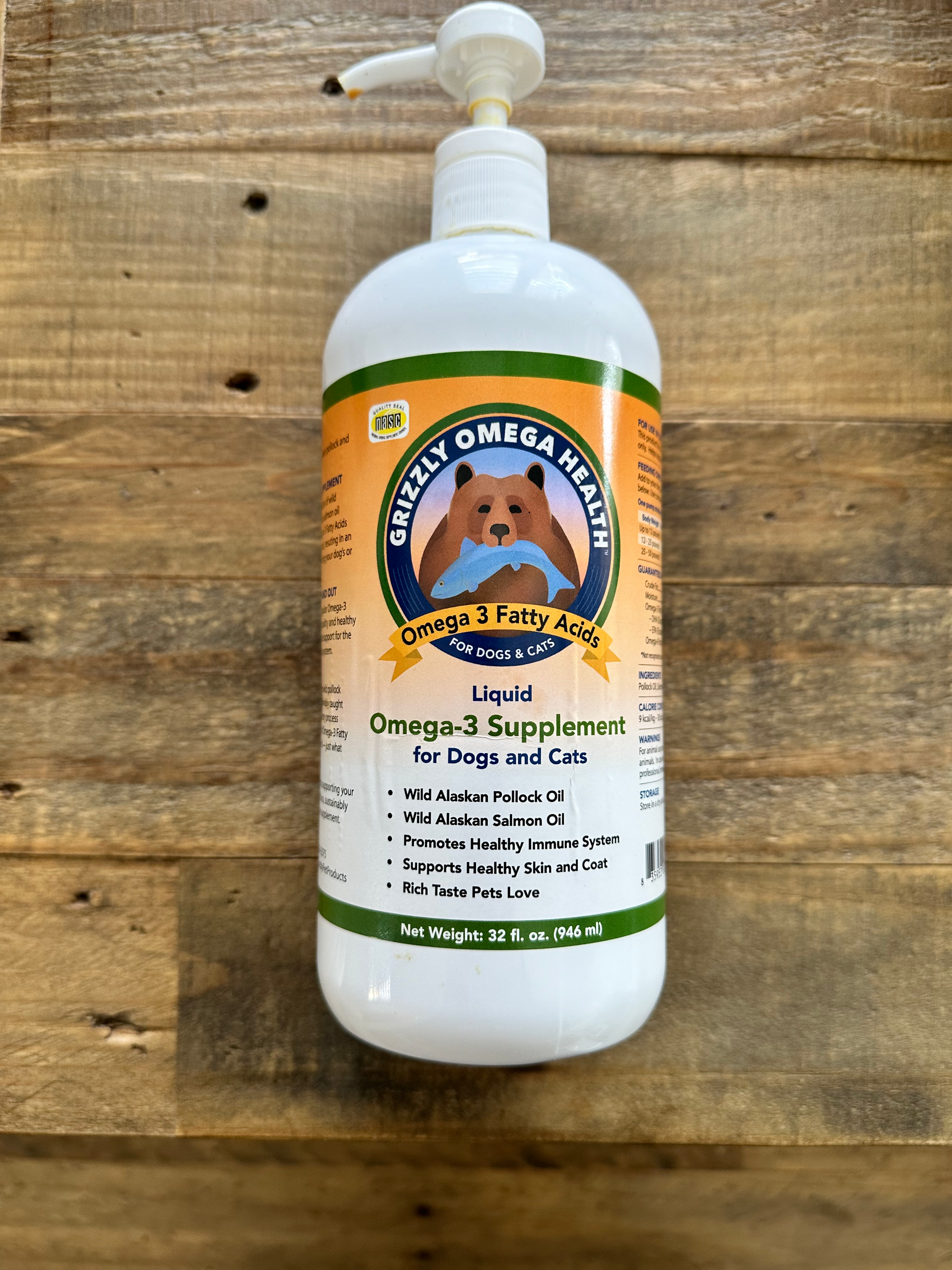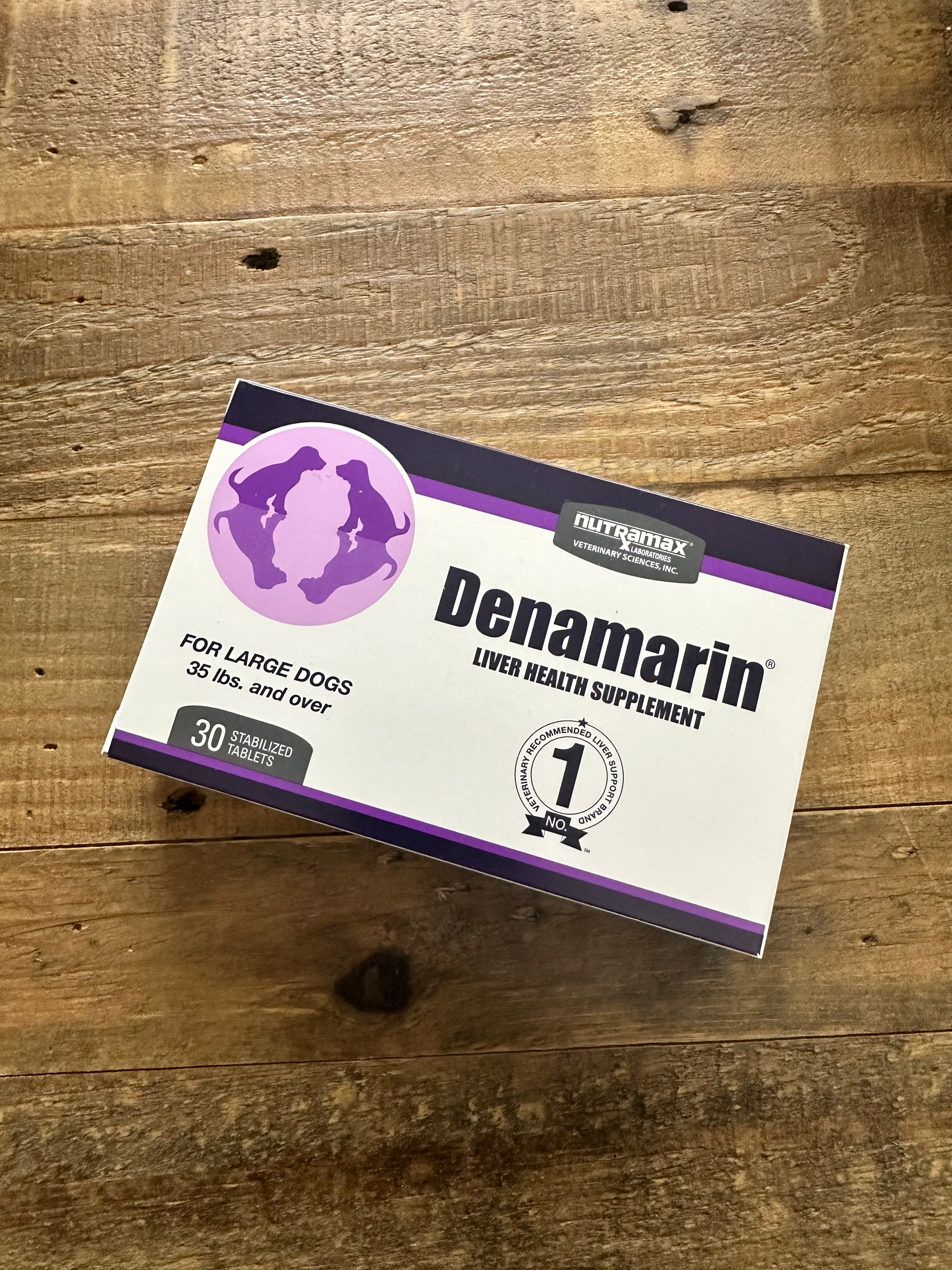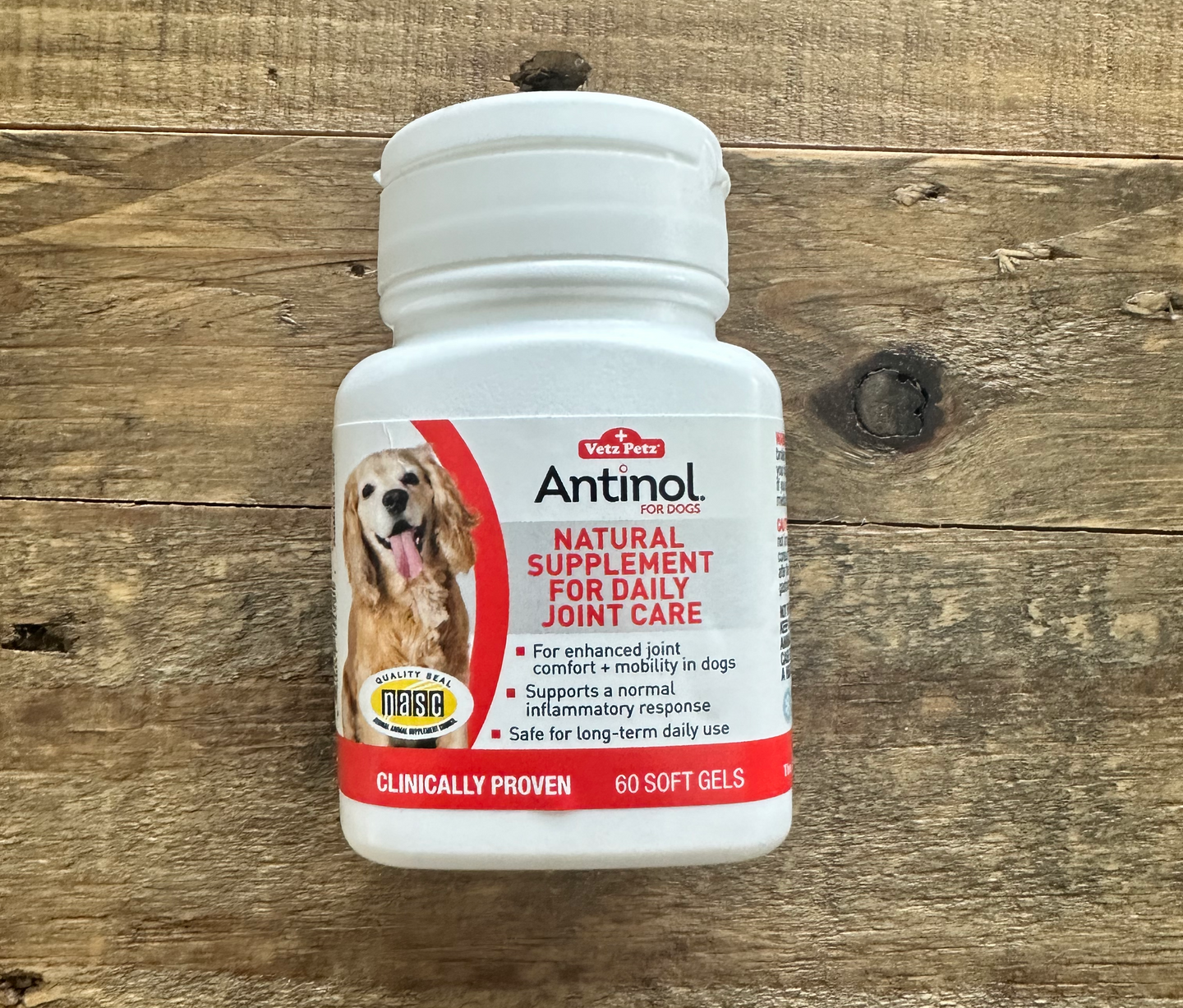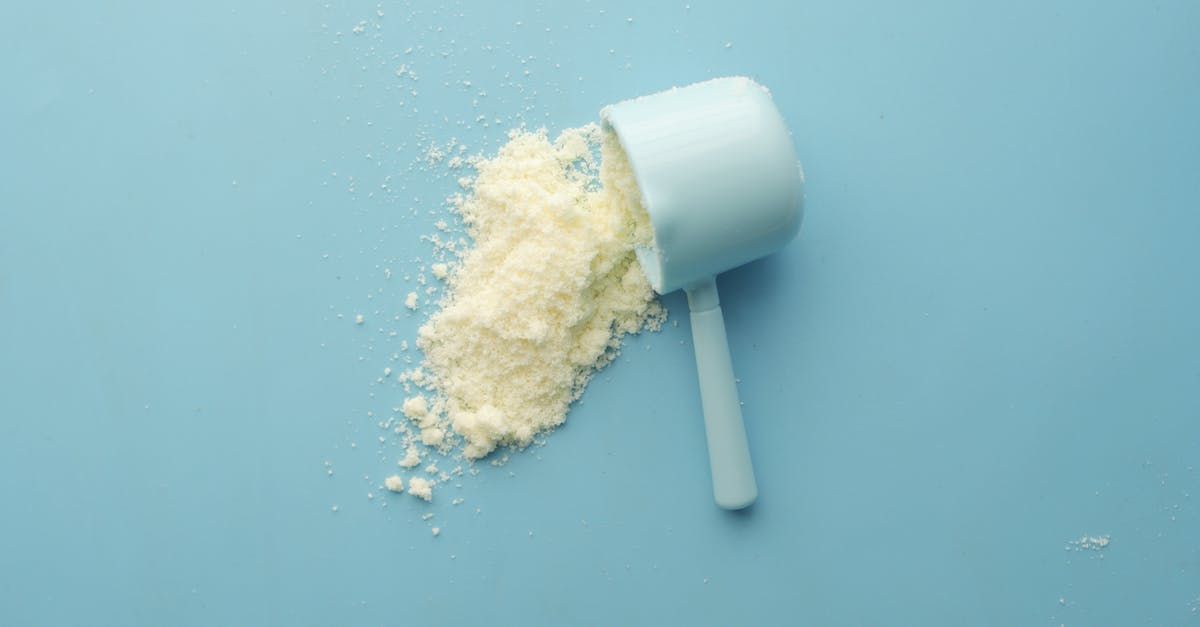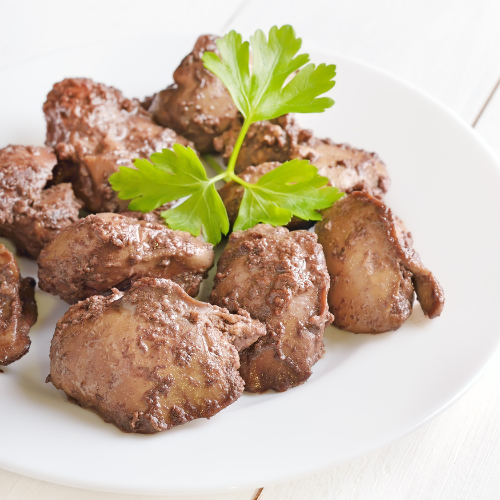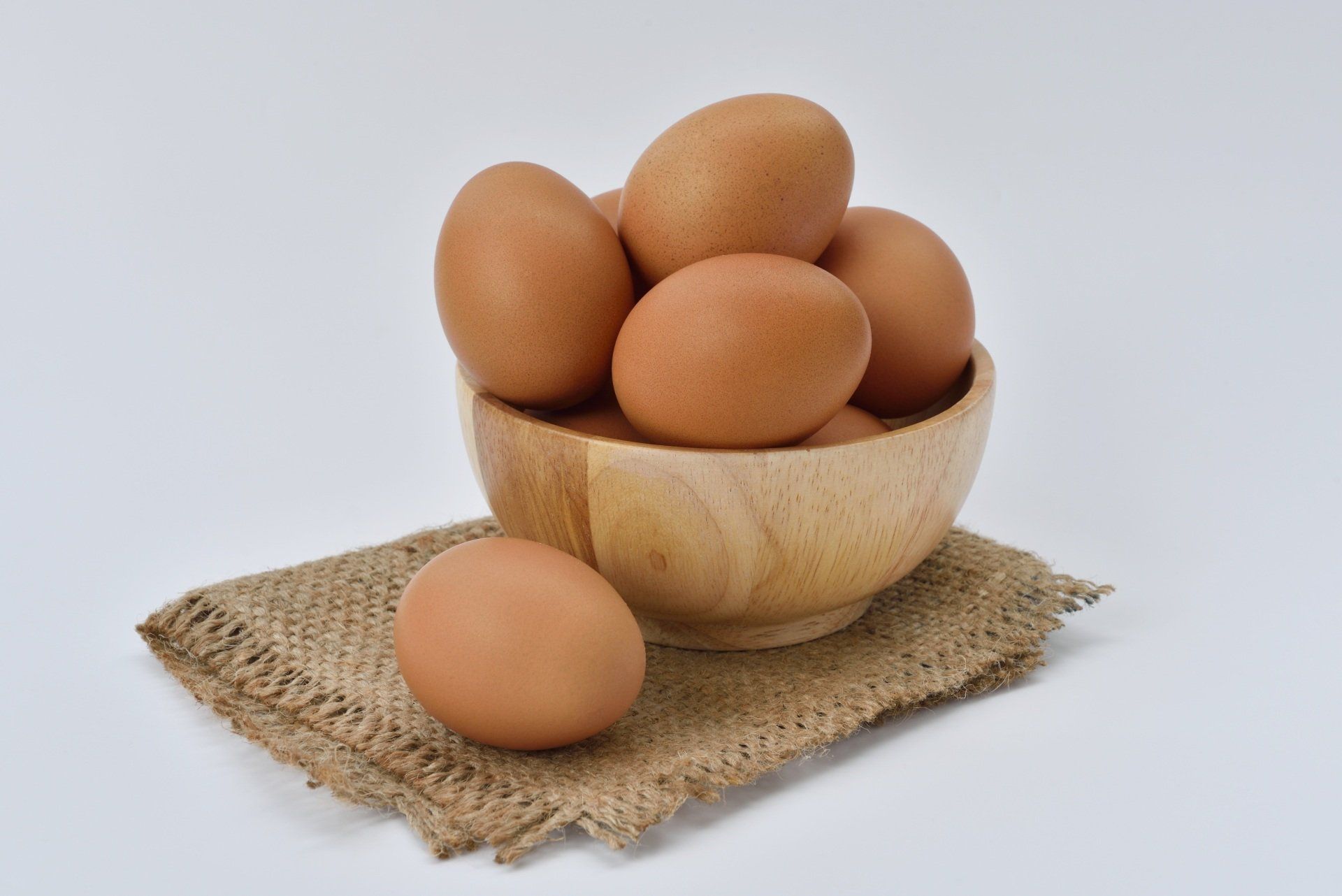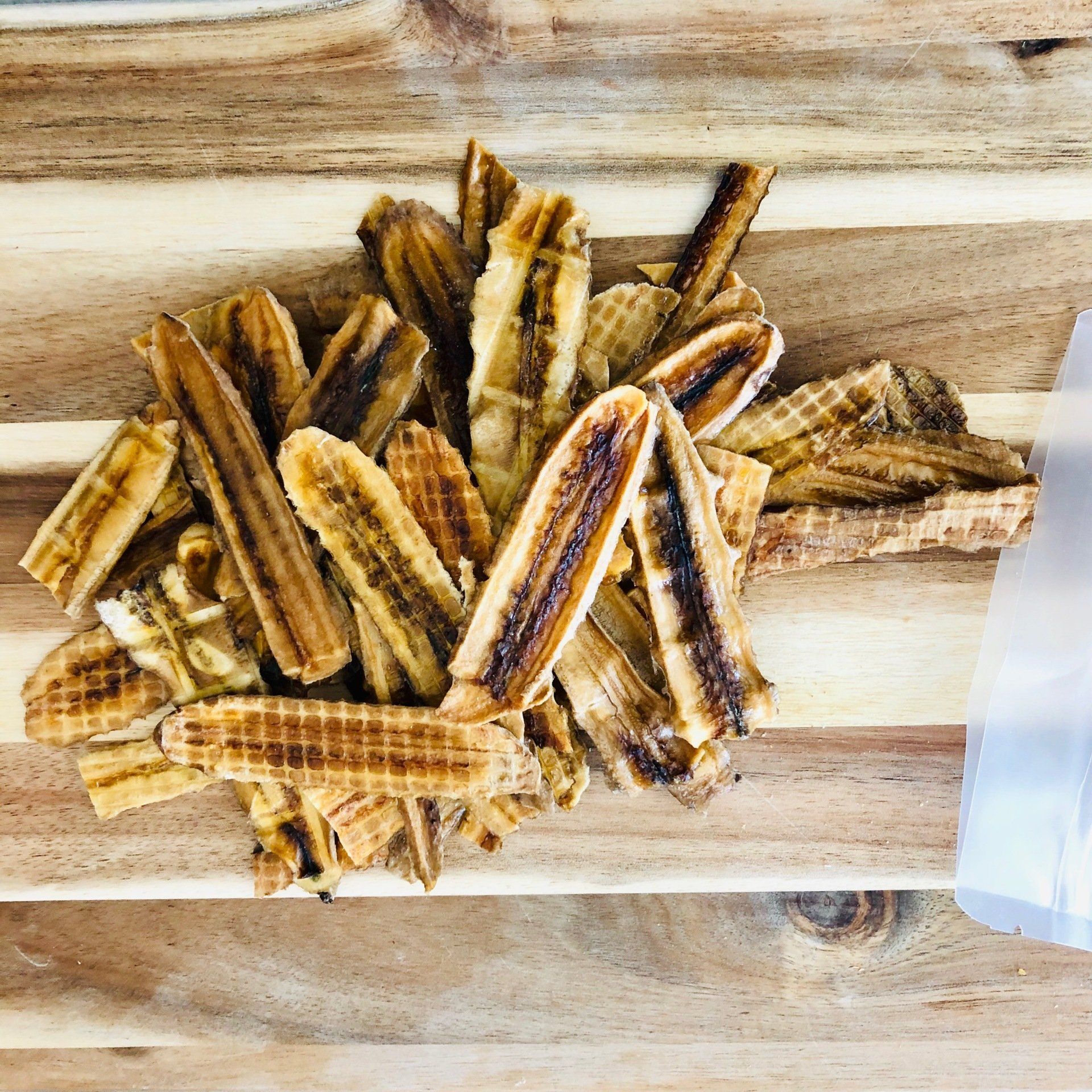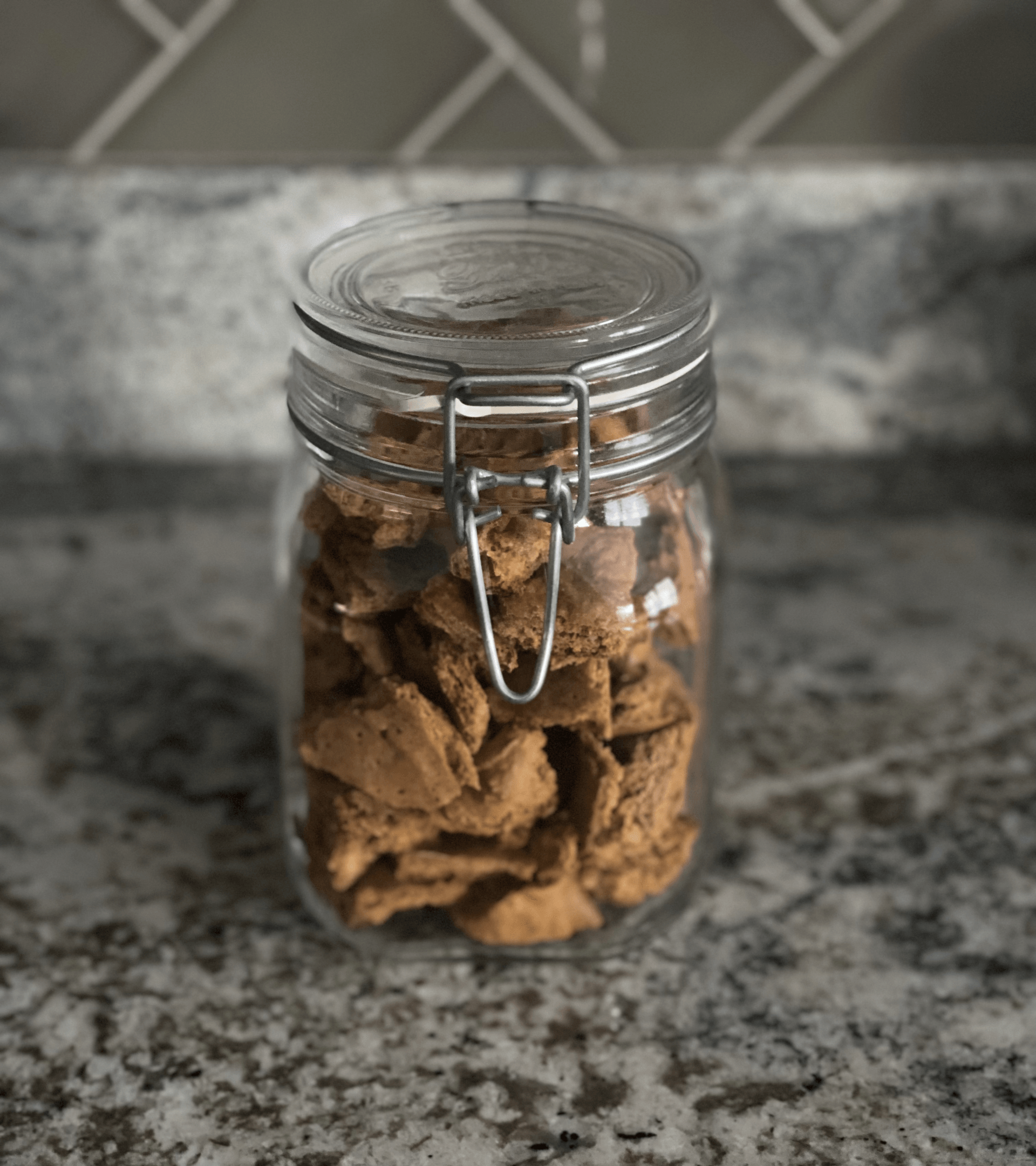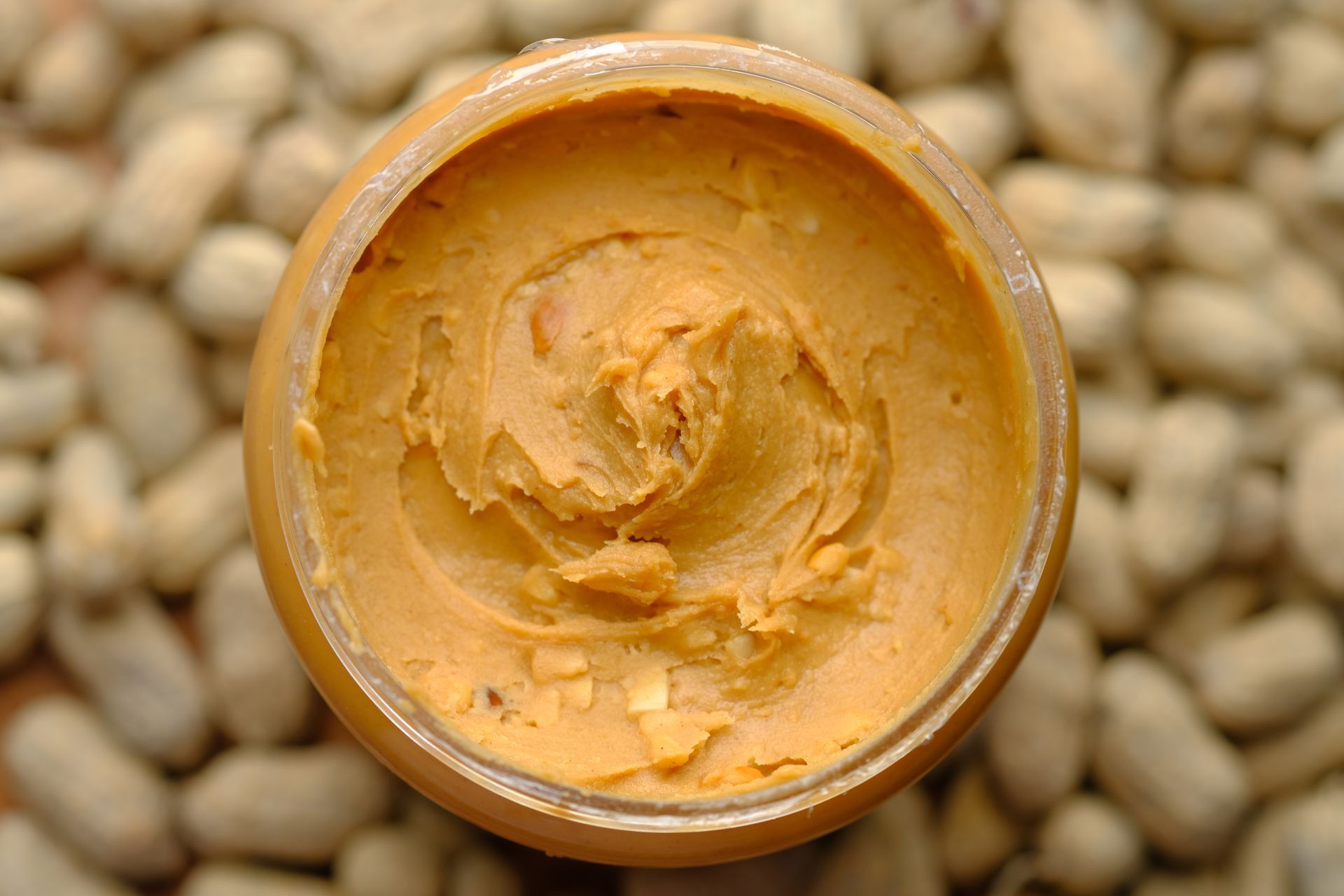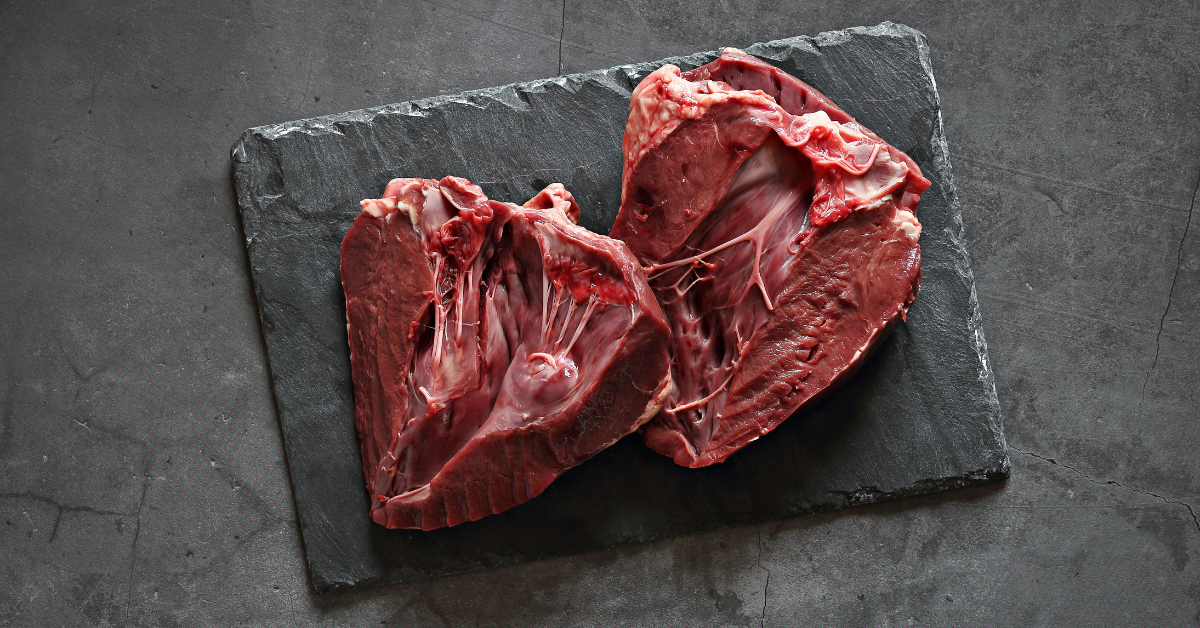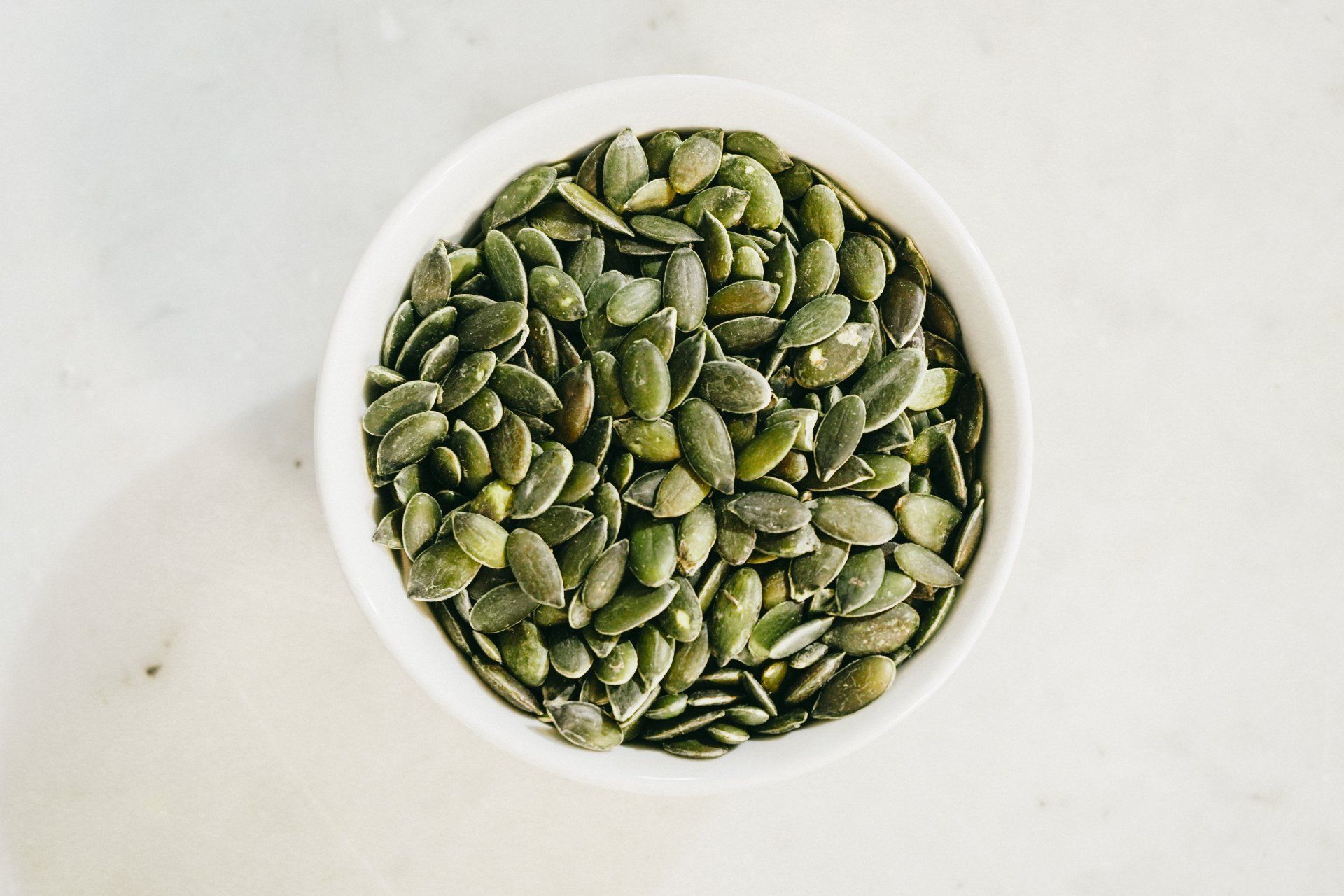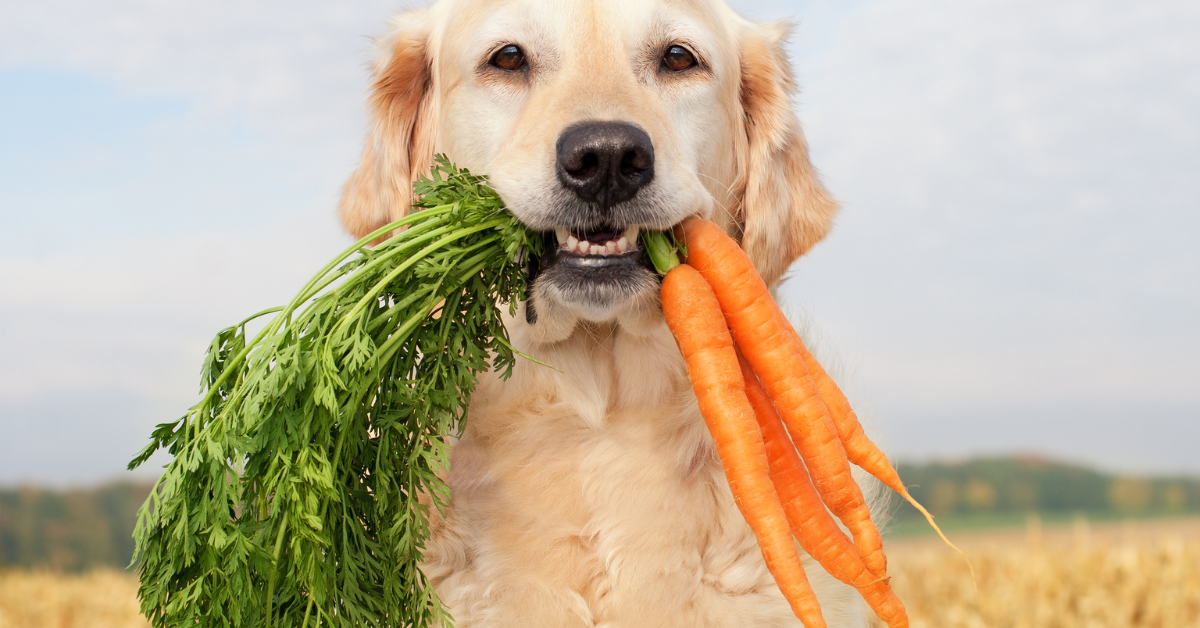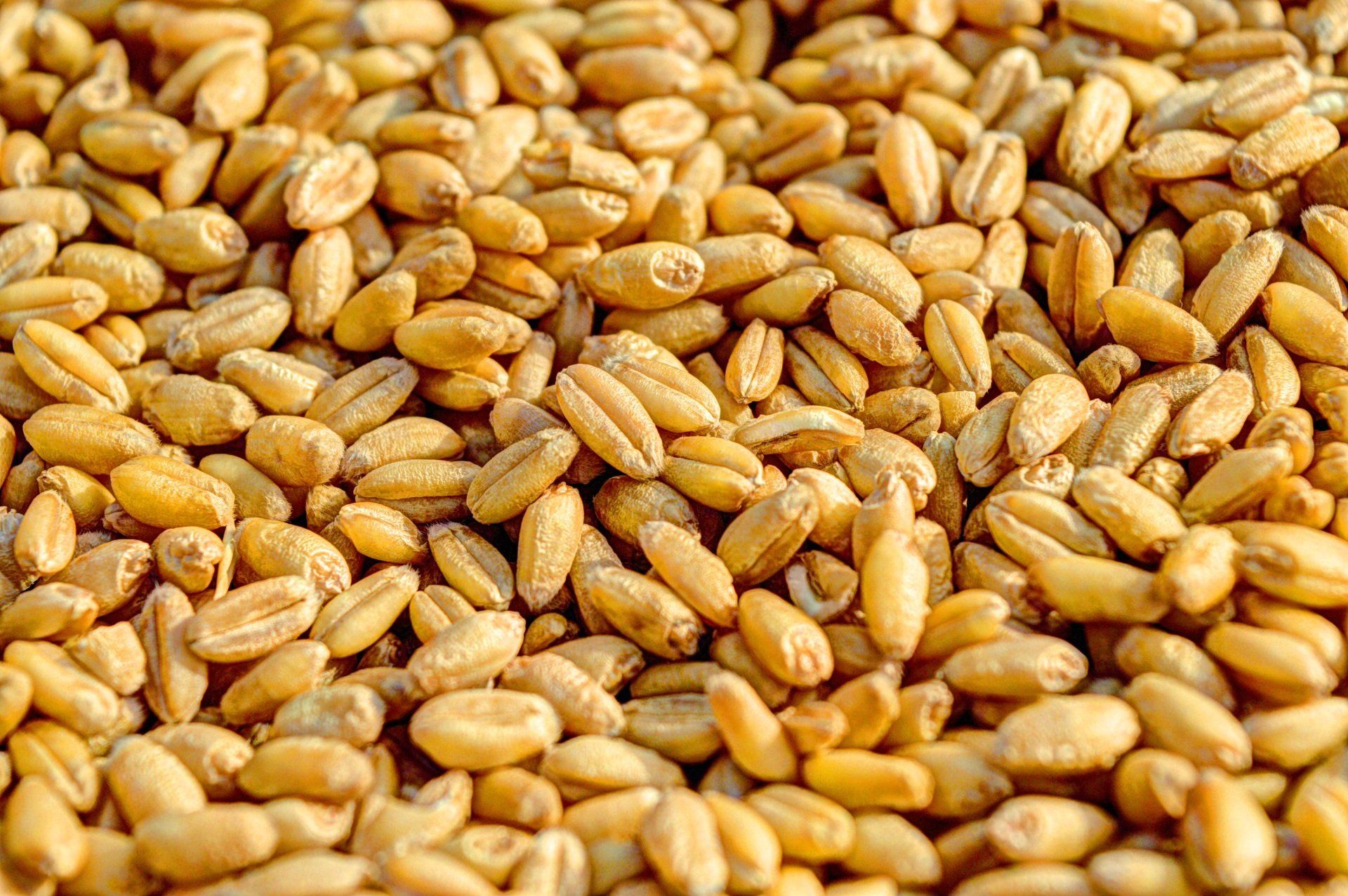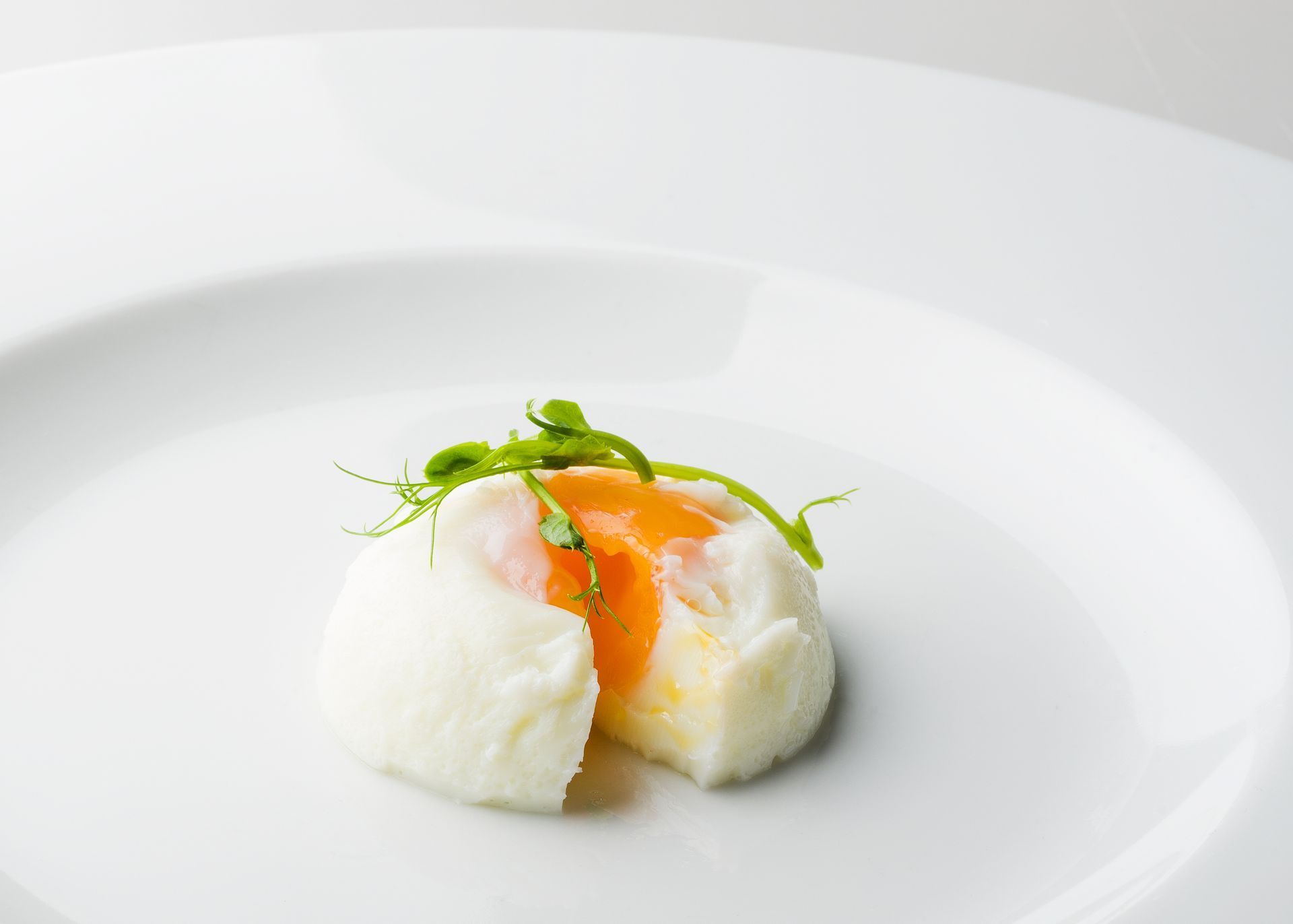
Get in touch
555-555-5555
mymail@mailservice.com
Fido's Bowl
Homemade Dog Food: Ingredient Ratios and Why Variety Matters

This page may contain affiliate links, and we may earn a commission, referral fee, or compensation. Please read our Disclaimer.
Advertisement
Recent Posts
Making your dog's food at home can be incredibly rewarding, offering complete control over the ingredients and ensuring your furry friend gets the best possible nutrition. However, understanding the importance of ingredient ratios and dietary variety is crucial. Let's delve deeper into each aspect to understand the basics of a healthy and balanced homemade diet for your canine companion.
Meats: 60-80% of diet
Protein forms the cornerstone of a healthy canine diet, acting as the primary source of essential amino acids needed for muscle growth, repair, and overall energy. While the percentage range of 60-80% protein intake is a good starting point, the quality of the protein source also matters. Homemade diets should include lean, high-quality protein sources like:
- Muscle Meats: Chicken, turkey, beef, lamb, duck, rabbit, and even game meats like venison or bison with excess fats trimmed.
- Fish: Salmon, sardines, trout, and other oily fish are fantastic sources of omega-3 fatty acids, promoting healthy skin and coat. However, fish high in mercury content should be avoided.
Variety is Key
Don't get stuck in a protein rut! Each type of protein offers a unique nutritional profile, enriching a dog's diet with a diverse range of vitamins and minerals. Here's why incorporating various protein sources is crucial:
- Different Nutrient Profiles: For example, chicken is rich in Vitamin B6, while salmon boasts omega-3 fatty acids crucial for skin and coat health. By offering a variety, a dog receives a well-rounded spectrum of essential nutrients.
- Reduced Risk of Allergies: Limiting a dog's diet to a single protein source can increase the risk of developing allergies to that specific protein.
- Palatability and Acceptance: Dogs, like humans, can get bored with the same food. Offering variety keeps mealtimes exciting and encourages a dog to maintain a healthy appetite.
Organ Meats- up to 5-10% of diet
These nutrient-dense powerhouses are packed with essential vitamins, minerals, and other vital nutrients that significantly benefit a dog's health. However, due to their potency, moderation is crucial when incorporating them into a homemade diet.
Benefits of Organ Meats:
- Vitamin and Mineral Powerhouse: Organ meats are concentrated sources of essential vitamins and minerals, including Vitamins A, B complex (especially B12), iron, zinc, and selenium. These nutrients play various critical roles in a dog's health, from maintaining a healthy immune system to promoting strong bones and teeth.
- Improved Immune System Function: Certain organ meats, like liver and kidney, are rich in Vitamin A, essential for a robust immune system. Vitamin A aids in the production of white blood cells, which are vital for fighting off infections and diseases.
- Enhanced Skin and Coat Health: Organ meats, particularly heart and liver, are rich in B vitamins, critical for maintaining healthy skin and a shiny coat. B vitamins also contribute to overall energy levels and a healthy nervous system.
- Stronger Muscles and Improved Energy: Organ meats like heart and kidney are excellent sources of iron, contributing to the production of red blood cells that transport oxygen throughout the body. This improved oxygen flow provides dogs with sustained energy levels and supports proper muscle function.
Different Types of Organ Meats:
Organ meats are categorized into two main groups, each offering unique benefits:
Secreting Organs (Limit to 5%):
- Liver: A powerhouse of vitamins and minerals, including Vitamin A, B complex, iron, and copper. However, due to its high Vitamin A content, it should be restricted to no more than 5% of a dog's overall diet.
- Kidneys: Rich in Vitamins A and B complex, iron, and phosphorus. Similar to the liver, should be limited to a maximum of 5% due to their high vitamin and mineral content.
- Pancreas: Contains digestive enzymes and is a good source of Vitamin B12 and iron. However, due to its potential to disrupt digestion in some dogs, it should be introduced cautiously in very small amounts.
- Spleen: A good source of iron, B vitamins, and essential amino acids. Also should introduce it in small quantities and monitored for any adverse reactions.
Non-Secreting Organs (Limit to 5%):
- Heart: A fantastic source of protein, iron, and B vitamins. It's also a good source of taurine, an amino acid crucial for heart health.
- Lungs: Rich in protein, iron, and B vitamins.
- Green Tripe: The lining of the ruminant animal stomach, it's a natural source of probiotics and digestive enzymes that can aid digestion.
Fruit and Veggie Debate: 0-20% of diet
The inclusion of vegetables in a dog's diet sparks frequent debate. While their ancestors primarily consumed meat and bones, modern-day vegetables, when incorporated responsibly and in moderation, can offer valuable supplementary nutrients. However, it's crucial to remember that vegetables are not essential for canine health. Dogs are primarily omnivores, with their digestive systems better equipped to handle meat-based diets. With proper guidance and moderation, a dog can benefit from incorporating certain fruits and vegetables into their diet
The Potential Benefits of Fruits and Vegetables:
- A Boost of Essential Nutrients: Fruits and vegetables offer a variety of vitamins, minerals, and fiber that can complement your dog's overall health.
- Vitamins: Fruits and vegetables are rich in vitamins like A, C, and K, which play crucial roles in immune system function, vision, and blood clotting, respectively.
- Minerals: They can also provide essential minerals like potassium, important for proper muscle function and nerve transmission.
- Fiber: Fruits and vegetables are good sources of fiber, which helps regulate digestion and promotes healthy gut bacteria.
- Weight Management: Certain fruits and vegetables, being low in calories and fat, can be valuable additions to weight management plans for dogs struggling with obesity. However, it's crucial to remember that these should not replace essential protein sources in your dog's diet.
Moderation and Preparation are Key: Remember, some fruits and vegetables can be harmful to dogs, so thoroughly research which ones are safe and consult your veterinarian before introducing them. Additionally,
pureeing or cooking vegetables until soft is crucial to aid digestion, as dogs lack the enzymes to break down raw plant cell walls effectively. Vegetables should only make up a small portion (0-20%) of a dog's overall diet, always prioritizing variety and moderation.
Grains - 0-20% of diet
The Great Grain Debate
The role of grains in a dog's diet remains a contentious topic, sparking passionate opinions on both sides. While some dogs digest grains efficiently and benefit from the additional nutrients they provide, others may experience allergies or intolerances. Navigating the grain debate requires careful consideration of an individual dog's needs and conducting thorough research.
Understanding the Arguments:
- Pro-Grain:
- Additional Nutrients: Grains offer a source of complex carbohydrates, providing sustained energy for dogs. They also contain essential vitamins, minerals, and fiber, potentially aiding digestion and promoting gut health.
- Cost-Effective: Grain-based diets are generally more affordable compared to some grain-free alternatives. A diet without grains will most likely require more protein. As protein is typically more expensive this could increase the cost of the diet.
- Palatability: Many dogs find grain-based foods more palatable, making mealtimes more enjoyable.
- Anti-Grain:
- Evolutionary Argument: Dogs descended from wolves, who primarily consumed meat and bones in their natural diet. This argument suggests that dogs may not possess the digestive capacity to efficiently handle high levels of grains.
- Potential Allergens: Grains like corn, wheat, and soy can trigger allergies in some dogs, leading to skin problems, digestive issues, and ear infections.
- Alternative Sources of Nutrients: Other dietary components, like fruits and vegetables, can provide essential vitamins and fiber, potentially eliminating the need for grains.
Important Considerations:
- Grains and Specific Conditions: Grain-based diets may be beneficial when managing specific health conditions like kidney disease, where lower protein intake might be required. However, always consult your veterinarian before making dietary modifications.
- Grains and Weight Management: While grains can be part of a healthy diet for some dogs, be mindful of portion control. Overconsumption of any calorie source, including grains, can lead to weight gain.
- Research Alternative Grains: If your dog thrives on a grain-inclusive diet, explore healthier options like brown rice, quinoa, or oats. These nutrient-dense grains provide complex carbohydrates, fiber, and essential vitamins, while making up a maximum of 20% of your dog's overall diet.
Remember: There is no "one size fits all" answer to the grain debate. The key lies in understanding your individual dog's needs and conducting proper research in conjunction with your veterinarian. Through informed decision-making, you can ensure your furry friend receives a balanced diet that meets their specific nutritional requirements, regardless of their stance on the "grain war."
Remember: Every Dog is Unique
While understanding general principles like protein, vegetables, and grains is important, it's crucial to remember that every dog is unique. Their individual needs and preferences will require a personalized approach to creating a healthy and balanced diet. Here's why tailoring the diet to your specific dog is essential:
1. Age:
- Puppies: Growing puppies need a higher amount of protein and calories to support their rapid development.
- Adult Dogs: Adult dogs typically require a balanced diet with moderate protein levels and enough calories to maintain their energy needs and activity level.
- Senior Dogs: Senior dogs may benefit from a diet with slightly lower protein content and higher levels of glucosamine and chondroitin for joint health.
2. Breed:
- Large Breeds: Larger breeds often require more calories due to their increased size and activity level.
- Small Breeds: Smaller breeds generally have lower energy needs.
- Working Dogs: Working dogs like sheepdogs or huskies require a high-calorie diet rich in protein and complex carbohydrates to fuel their demanding activities.
3. Activity Level:
- Active Dogs: Active dogs like retrievers or shepherd mixes need more calories and protein to maintain their muscle mass and energy levels.
- Less Active Dogs: Less active dogs, like senior pups or couch potatoes, require a diet with fewer calories to prevent weight gain.
4. Health Conditions:
- Dogs with Allergies: If your dog has allergies to certain ingredients like chicken, wheat, or soy, explore alternative protein and carbohydrate sources in consultation with your veterinarian.
- Dogs with Specific Health Concerns: Certain health conditions may require dietary adjustments. For example, dogs with kidney disease may benefit from a lower protein diet. Always consult your veterinarian for personalized recommendations based on your dog's unique health needs.
5. Individual Preferences:
- Palatability: Some dogs are picky eaters, while others readily devour anything offered. Experiment with different healthy options to find a diet your dog enjoys and is willing to eat consistently.
Remember:
- Monitor your dog closely: Observe their weight, energy levels, and overall health to ensure the chosen diet meets their individual needs.
- Always consult your veterinarian: They are the best resource for creating a personalized and healthy diet plan for your unique canine companion. If you find that your veterinarian is not supportive of a homemade diet, consider finding a veterinary nutritionist or a vet that specializes in holistic medicine.
- Transition gradually: When introducing any new food, transition gradually over 5-7 days to avoid digestive upset.
By understanding the unique needs of your dog and tailoring their diet accordingly, you can ensure they receive the optimal nutrition they need to thrive and live a long, healthy, and happy life.
Advertisement
Advertisement
More from the Blog

Changing our what's in our dog's bowls. A guide to healthy diets, natural supplements and resources for optimal health. What's in your dog's bowl?
Join our Newsletter
Join our newsletter-footer
Thanks for joining us! Be sure to check your email for the latest!
Please try again later.
All Rights Reserved | Fido's Bowl

